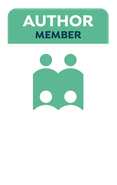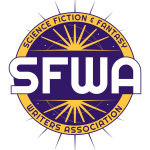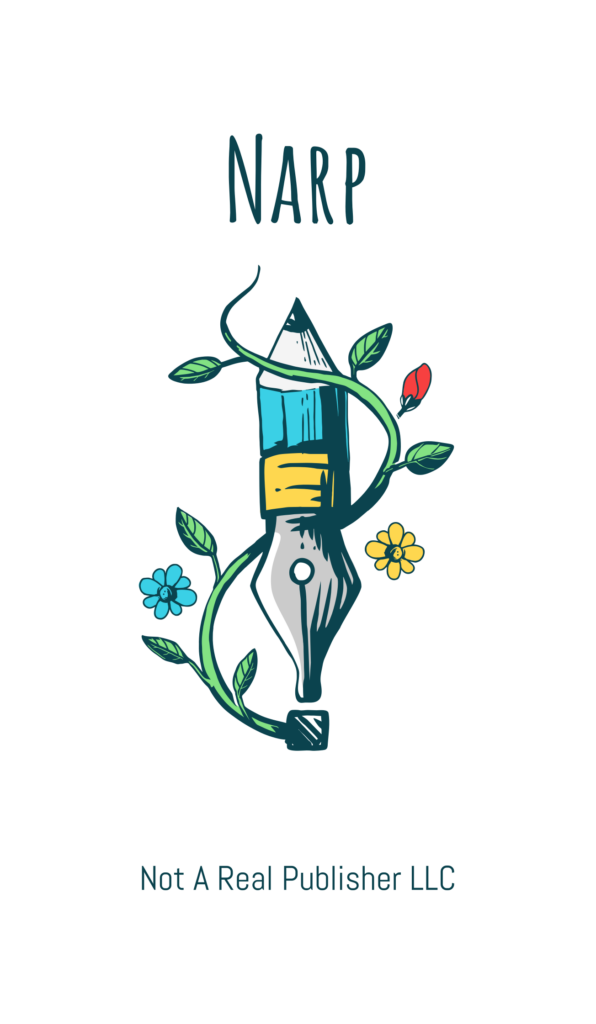I’ve finished the manuscript for my new novel, the Dot. The introduction to, The Dot, is copied below. The release date hasn’t been announced yet, but before the end of the year. Meanwhile, I’ve entered the manuscript in the Book of The Year contest at Fictionary (https://fictionary.co). I’ll know more about the contest result at the end of September. Here’s the introduction to the dot.
. . . “It would never have worked out between us,” I say to Liria. She’s come to the prison to visit me. She stands on the free side of the holding cell wearing a revealing and form-fitting pantsuit. Her hair is let down, and it would seem she’s going out for a night in the city. “Keeping me locked up will not make me choose you over Rymirah.”
“If you think that’s why I’ve locked you up, then you aren’t as intelligent as I’ve come to believe.”
While she speaks, I sit up from my bed, spin out of the rack, and onto my feet. “Did you ever consider why, out of the myriad millions of sensations and feelings we can experience in this sensual, driven existence, the Buddha defines love as the purest and most sacred emotion and hate as the most destructive?”
Unmoved by my persistence, she runs her hands through her hair and then flips her head to spin it all onto her back. “It’s been five days since you have been in jail. I take it from your childish behavior you aren’t ready to reveal the coordinates to Planet 444. You’ll notice your neurolink and HUD implants are disabled in this prison cell. Hayden, listen to me. You aren’t getting out of here until you cooperate.” With that said, she leaves me in silent confinement.
There are a few key advantages to having a fiance who is the chief of Cyborg security. One advantage is that she has access to the security system in this prison. With that access, she can allow my biomechanical systems and HUD to operate inside the cell. And, her’s too, of course. . .
@@@@@@
In book one, we discovered how the Earth-based Gods of humanity lead civilizations to the edge of failure. Every system mankind has come to believe in had failed. Financial, environmental, education, medical, religion, social, community, news, information, entertainment, and government — all collapsed. The Gods of the universe beckoned humans to discover and inhabit other worlds across the near galaxy. Now with everything on Earth destroyed, mankind looked to explore and discover new gods.
One mutant, biomechanical enhanced human race, Cyborgs, didn’t give up on Earth-born philosophies. In Book two, the experiment for discovering Nirvana began on Planet 444. Where the eighth generation of a Buddhist civilization comes of age. A close group of friends bonding in age-old traditions will discover a newfound understanding of their heritage. While in book three, those now young adults face the realities of the struggle to survive on a planet with limited technology. Including, failing food supplies, and a neutron star emitting radiation. They further sacrifice their food crops by turning to marijuana to produce pharmaceuticals. They use its fibers to produce protective clothing. When it seems all hope for Nirvana was lost, they turn to ancient traditions to produce a child from the gods.
This child, Zosimos, is the planet’s only hope.
Here, in book four, Zosimos matures at an inhuman rate. As he ages, he displays exceptional mental abilities, helping his people solve a range of technological and medical issues. By the time he reaches the age of six, he is ready to take the crown. Then, his Great Uncle contracted a deadly disease from radiation poisoning. Soon after, Zosimos is exposed to a plant strain with the side-effect of reversing the DNA-altering serum. He feels anger for the first time. With that anger comes the realization that he is superior to those around him. In a fit of rage, he kills his parents and claims the throne, forcing his people to submit to his tyrannical rule.
The promise of a cure for radiation poisoning leads Zosimos to Kelv, the sage. Still filled with rage, Zosimos forces Vallena, who is friends with the sage, to trap Kelv and obtain a DNA sample. Hoping to learn why the sage has survived in the wasteland with no protection from radiation. However, Vallena discovers a way to reinstate the DNA-altering serum and cure Zosimos’s rage. She tricks him into taking the cure.
The cure works, and Zosimos grows depressed and filled with remorse. He seeks advice from the sage. Through their lessons on love, truth, and alignment between mind and body, Zosimos becomes enlightened.
Zosimos, contemplating the solution to his planet’s crisis, and questioning everything he thought he knew, turns to the conscious supercomputer his father hid in Vallena’s home. But it is indifferent to human suffering and unwilling to interfere with frail humanity. Using the teachings learned from Kelv, Zosimos convinces the machine to help them. The machine studies the human body’s ability to heal itself. In doing so, he finds a solution that can save everyone: transcendence. But in order for this plan to succeed, the people must trust the former tyrant Zosimos.
Centuries later, the Cyborgs return to monitor their experiment and to recover the hidden conscious supercomputer. They discover a planet vacant of life. There are no humans, no evidence of civilization, no skeletons. The only indications of the now failed experiment are the abandoned neurolinks and a dead supercomputer.
Have the gods of the universe, like those Earth-bound gods known before, failed the human race? After reading this fourth and final book of the series, you will awaken to a new perspective on happiness. There is joy in the struggles and the contrast in life. Here in this book, you will discover the truth about Nirvana.



0 comments
Write a comment